Every year, a new batch of books comes into the public domain as their copyright term expires. Once a work is in the public domain, no one owns the copyright and therefore anyone can, well, copy it. (I know that sounds silly, but that’s literally what it means!) This is why 2021 saw the release of several remixes of The Great Gatsby (including Self-Made Boys and The Chosen & the Beautiful), and 2022 blessed us with this work of art (the actual movie will be out in 2023):
Before I get into the books that enter the public domain in 2023, a brief refresher on how copyright works. Please note that I will focus on the United States, and that every country’s laws are different. This information is also available here.
Every original creative work is automatically subject to copyright, owned by the creator. There are some specifications about what counts as a creative work and what doesn’t (titles, for example, cannot be copyrighted), and some exceptions to who owns the copyright for a work, but by writing a story or taking a photograph, for example, I automatically own those words or that image and the rights to reproduce and remix them. I can license those rights to you — for example, selling a story to a magazine — or even sell them to you outright. Copyright owners can register their copyright, although in most cases it is not legally required; registration provides tools to help protect that copyright.
Copyright is not the same as a trademark. A registered trademark is for a name, symbol, or other identifying way of referring to something; trademark must be applied for, can be denied, and must be actively defended to be kept — for example, I cannot legally call my new brand of sneakers Reeboks, but if I did and they failed to sue me, I could challenge their trademark. In some cases, a title can be trademarked, but only if the applicant can prove that they are using it in a manner that specifically identifies their book (or other work).
So why do copyrighted works enter the public domain? Because copyright has a term limit. In general, copyright lasts for the duration of the creator/owner’s life plus 70 years. Due to legal shenanigans, some works created before 1978 have longer terms. There is a more complete explanation here. But you’re here for the new books entering the public domain, and that includes every book published in 1927, as of January 1, 2023. To be exact, books published in 1927, films released in 1927, other works like magazine articles published in 1927, and unpublished work whose authors died in 1952. (Due to separate rules, sound recordings from 1923 also enter public domain, which I assume includes songs!)
So what’s in the public domain in 2023? The list is fascinating! The big news is that the first three Hardy Boys mysteries came out in 1927, and therefore are entering the public domain. That means Frank and Joe Hardy are available for use, but any adventures they had in subsequent books are not. Other than that, there are no huge titles like Gatsby or Pooh, but there are several very interesting ones. A selection is below. It’s worth noting that publishing was extremely white in 1927, and that is reflected here.
Books Entering the Public Domain in 2023
Death Comes for the Archbishop by Willa CatherIn this novel by one of the greatest (white) writers focused on the American West, a Catholic bishop and a priest attempt to establish a diocese in New Mexico territory. Cather based her character on the real life figures Jean-Baptiste Lamy and Joseph Projectus Machebeuf. |
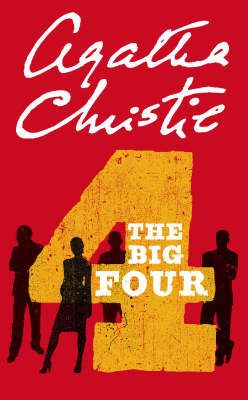
The Big Four by Agatha ChristieThis book features Hercule Poirot, and is the fifth to enter the public domain. Like Sherlock Holmes before him, this puts the character in the public domain but only certain stories. (Also entering the public domain is the first Miss Marple story, “The Tuesday Night Club,” which was published in The Royal Magazine.) |
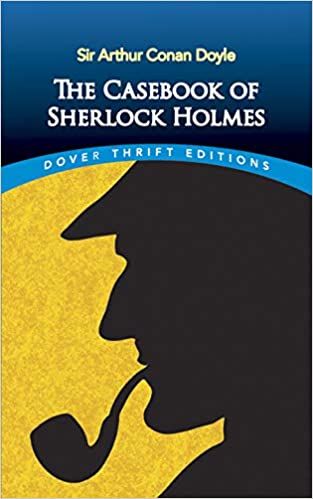
The Case Book of Sherlock Holmes by Sir Arthur Conan DoyleThis is the last collection of Sherlock Holmes stories to enter public domain, meaning that his estate can no longer do weird things like sue Netflix’s Enola Holmes for portraying Sherlock as having one (1) emotion. |
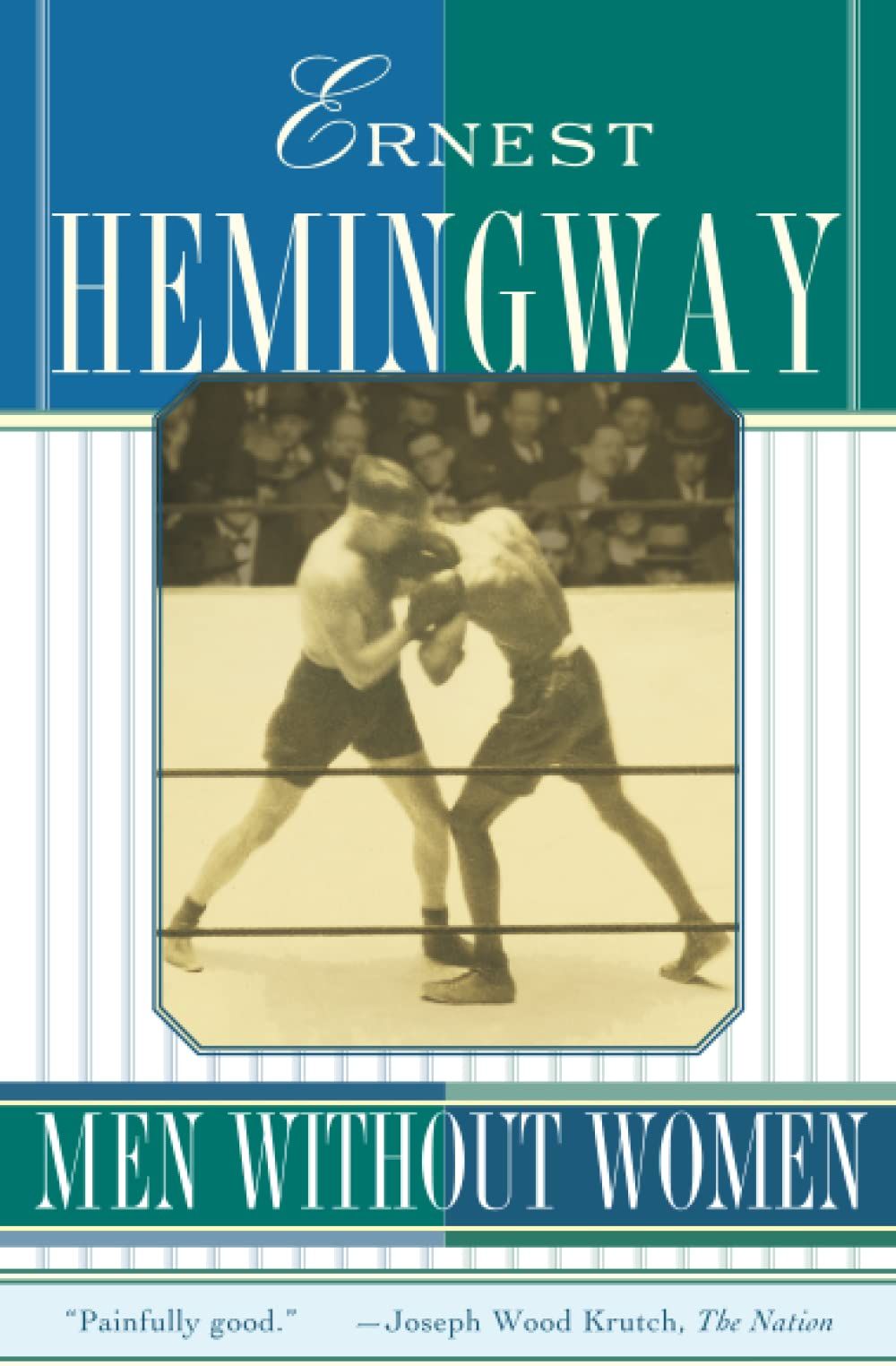
Men Without Women by Ernest HemingwayThis collection of 14 short stories includes “The Killers,” which was turned into a film noir in 1946 (one of my favorites!) and adapted a second time in 1964. |
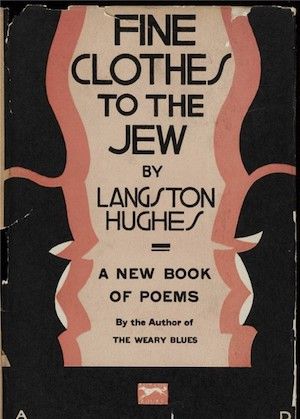
Fine Clothes to the Jew by Langston HughesOne of the most important figures in the Harlem Renaissance, this was Hughes’s second poetry collection and it went against the then-popular themes in African American literature, talking about more than the good qualities of Black people in America. |
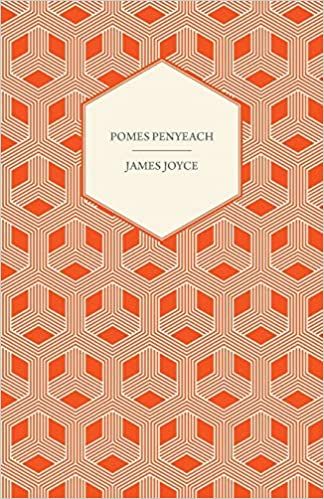
Pomes Penyeach by James JoyceThis collection was published by Shakespeare and Company, and given the recent resurgence of interest in Sylvia Beach and books like The Paris Bookseller, perhaps we’ll see some James Joyce |
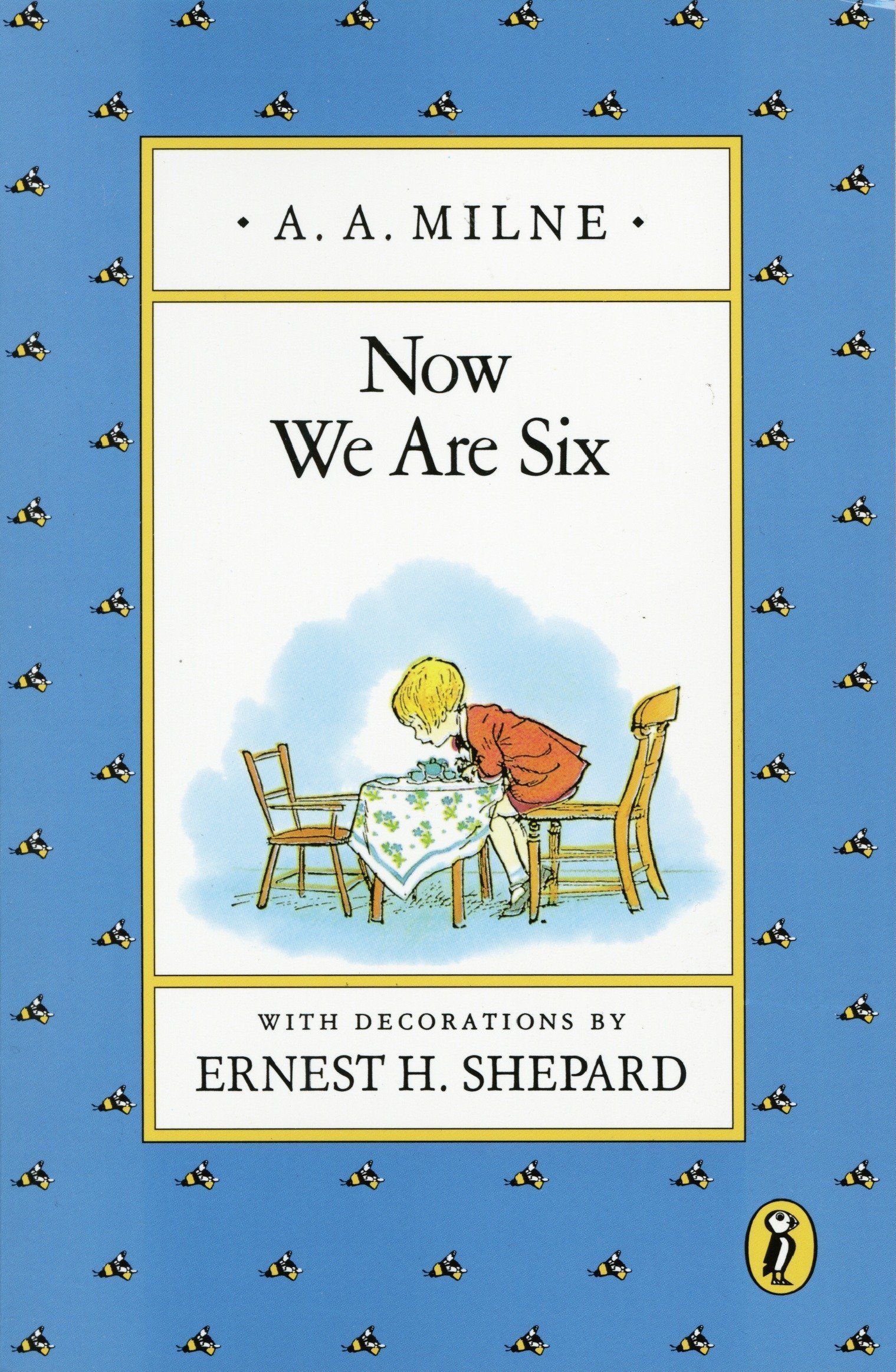
Now We Are Six by A.A. MilneThis is Milne’s second book of poems for and about Christopher Robin. The House at Pooh Corner, his second book of stories about Winnie-the-Pooh, will enter the public domain in 2024. |
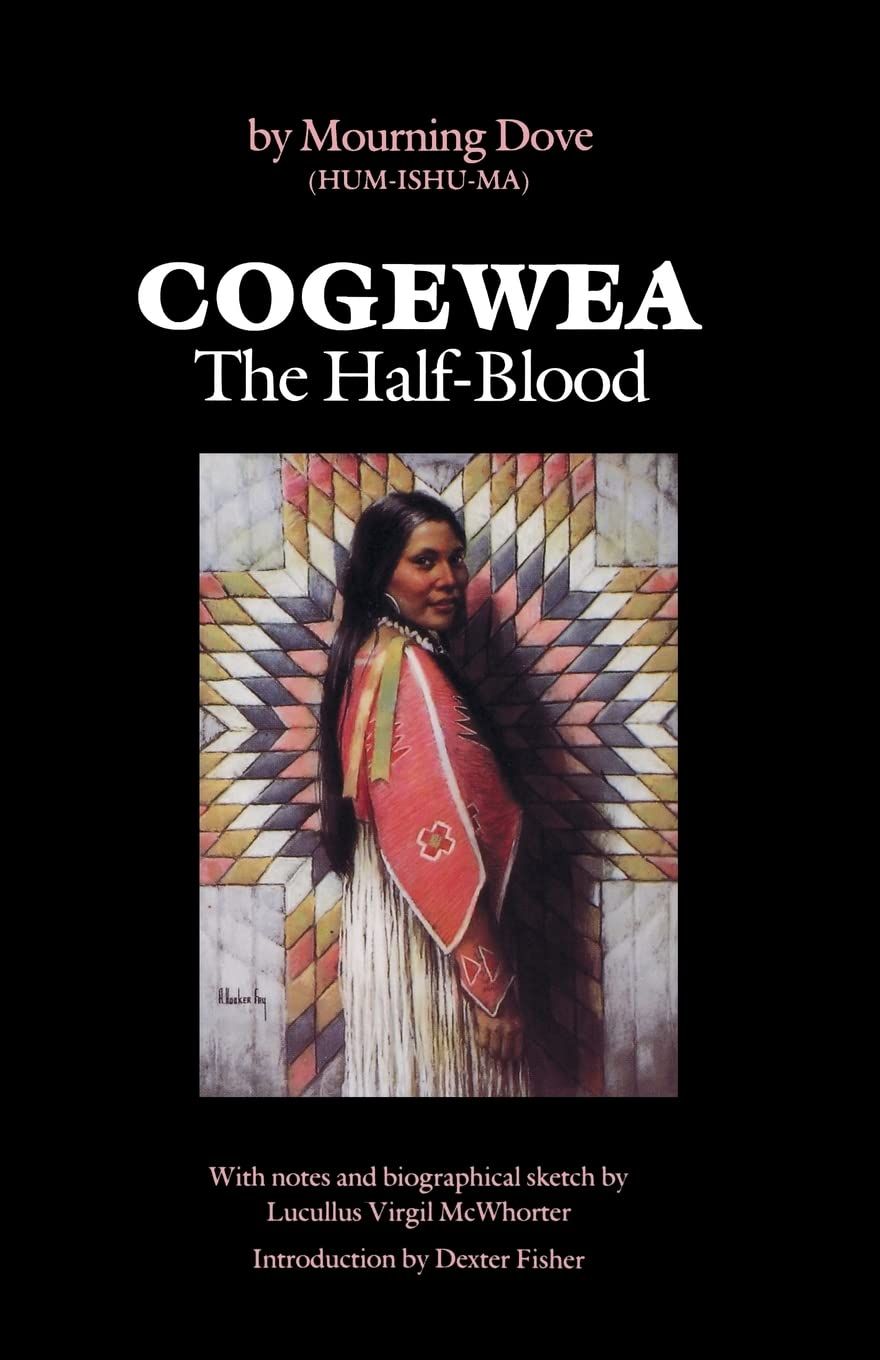
Cogewea, the Half-Blood: A Depiction of the Great Montana Cattle Range by Mourning DoveOne of the first novels published by a Native American woman, I hope this book about a mixed-race heroine admired by the cowboys on the ranch she runs comes back into the public consciousness! |
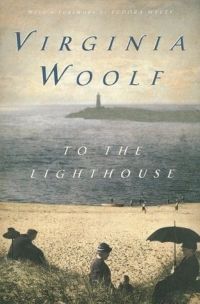
To the Lighthouse by Virginia WoolfI don’t know if this stream-of-conscience novel will inspire as many remixes as Gatsby, but it might! In the novel, the Ramsay family visits the Isle of Skye over a decade, living in a summer house there and experiencing joys and tragedies, all while Mr. Ramsay puts off a visit to the nearby lighthouse. |
Other books coming into the public domain include: Mosquitoes by William Faulkner; Steppenwolf by Herman Hesse; Amerika by Franz Kafka; Elmer Gantry by Sinclair Lewis; Oil! by Upton Sinclair; Time Regained by Marcel Proust (published posthumously); Unnatural Death by Dorothy L. Sayers, the third novel featuring Lord Peter Wimsey; Naruto Hitcho by Eiji Yoshikawa; The Bridge of San Luis Ray by Thornton Wilder, which won the Pulitzer in 1928.
Plays entering the public domain include Porgy by DuBose Heyward and Dorothy Heyward and Hamilton Deane’s adaptation of Dracula; poems include T.S. Eliot’s “Journey of the Magi,” and several poems and stories by W.B. Yeats; movies entering public domain, notable as 1927 films were the first eligible for the Academy Award, include Metropolis, The Jazz Singer, two Alfred Hitchcock silents, and the lost London After Midnight.
Now that we’ve covered books entering the public domain in 2023, see what books entered in 2022 and 2021.














